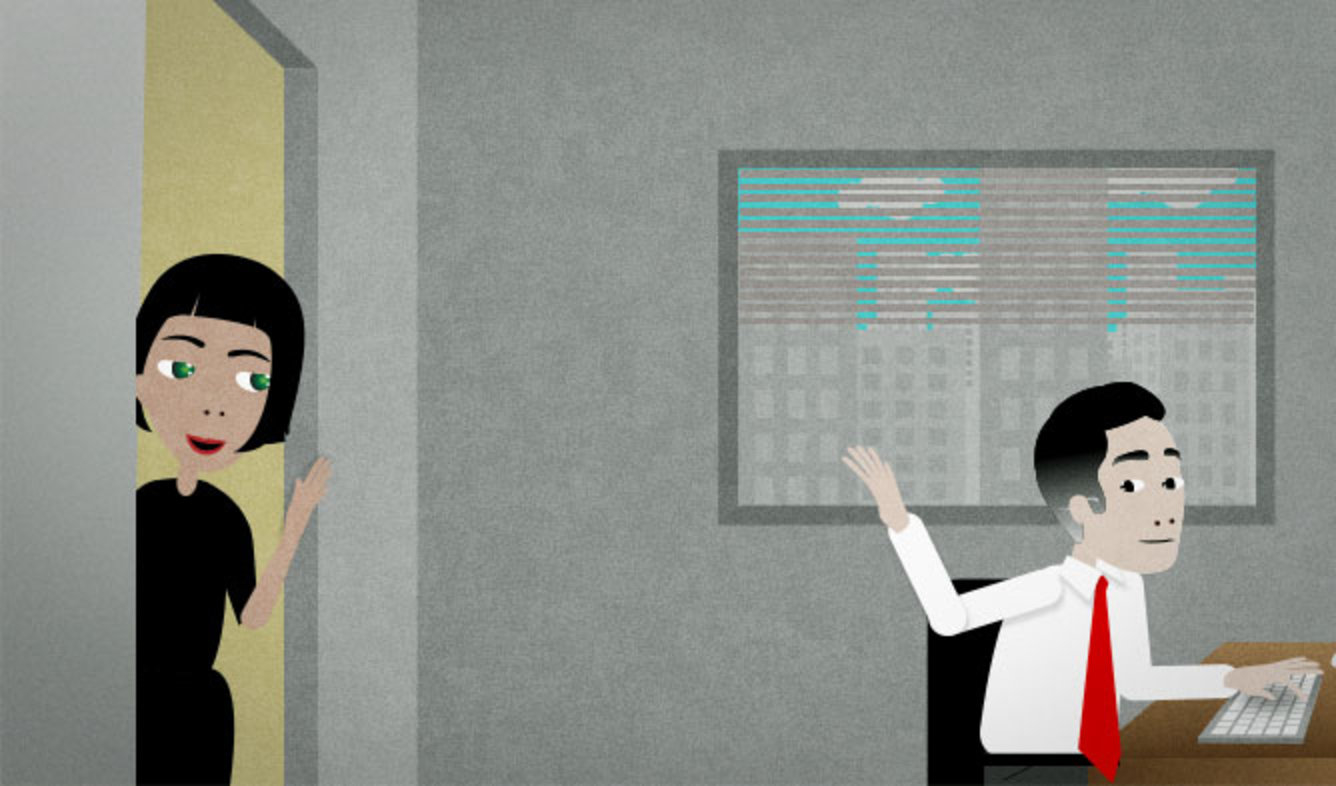“Hey, I think I'm going to cut out a bit early today.”
You'd like to leave work earlier than usual today. Your boss doesn't care, but you tell him about it so that he knows where you are.
Hey, I think I'm going to cut out a bit early today.
Want Video and Sound? Follow us on YouTube

I think I'm going to (do something)
This is how to tell someone what you want to do, if you don't think they will mind.
Hey, I think I'm going to order take-out for dinner.
In a lot of American workplaces, you can use this to ask your boss for permission to take vacation days or sick days. You might expect that it would be more polite to ask in this way:
Can I take the day off?
This isn't wrong, but it does sound a bit like a child asking for something from his parents. If you are allowed to take days off of work and it doesn't cause extra problems for other people, it's better to act a little more confident and tell your boss your plan, rather than asking.
a bit (adjective)
"A bit" is similar to "a little", "kind of" or "somewhat". It's used when you want to lessen the degree of a description:
He's a bit shorter than me.
He has a video of me from when we were in college that's a bit embarrassing.
"A bit" is used for adjectives that are negative. So you wouldn't say that an event was "a bit fun" or that a person is "a bit nice". But you can say that the event was "a bit boring" and the person is "a bit rude".
"A bit" is slightly formal. It's more formal than "kind of" or "a little", but more casual than "somewhat":
kind of > a little > a bit > somewhat
cut out (of work) early
"Cutting out early" means leaving work earlier than usual. For example:
Do you mind if I cut out early?
This is a casual-sounding expression, but it's OK to use with coworkers or even your boss.
